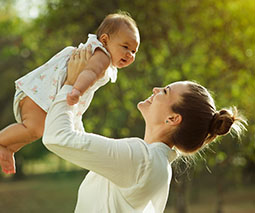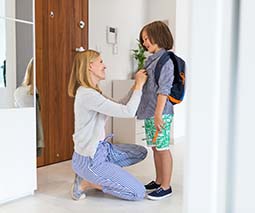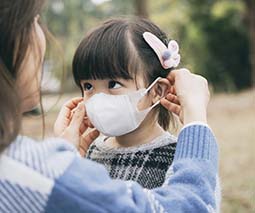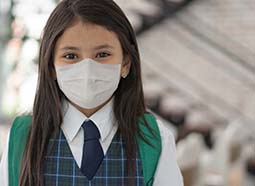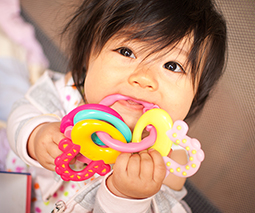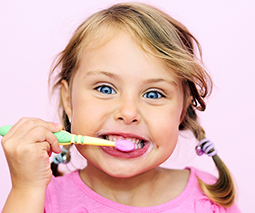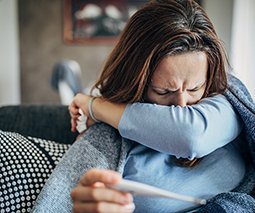Ditch the disinfectant! Cleaning chemicals may make kids overweight
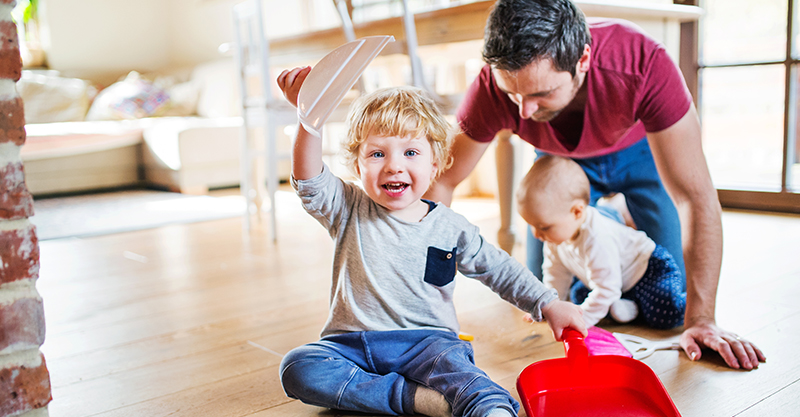
As parents we all want to create a clean, safe home for our little ones; however, in contrast, a new study has revealed that some common household cleaners could actually be unhealthy for babies and toddlers, altering the bacteria in their gut and making them overweight.
Gutsy new research
The Canadian study saw researchers analyse the gut flora of 757 babies at the age of three to four months, and then their weight at one and three years old.
They also examined the exposure that the children had to disinfectants, detergents and eco-friendly products used in the home.
Read more about kids and cleaning:
- Exposure to germs and dirt may lower babies’ allergy risk
- The dirt on getting dirty: How clean do kids really need to be?
- 11 gross things I’ve had to clean because I have kids
The results
The babies in homes where a lot of household disinfectants such as multi-surface cleaners were used (at least weekly), showed the strongest altered gut flora. At the age of three, these same infants had a higher BMI (body mass index) than the children who weren’t heavily exposed to disinfectants.
The study found no similar associations with detergents and eco-cleaners.
The infants in households that used eco-cleaners had different microbiota and were less likely to be overweight as toddlers. This may also be linked to healthier overall maternal lifestyles and eating habits which were contributing to the healthier gut microbiomes and weight of these children.
Further research in the area is expected to take place soon to extend the current findings.
Microbiota matters
According to Dr Paula Smith-Brown, Accredited Practising Dietitian and Head Dietitian at Microba (Australia’s leading gut microbiome testing company), the first few years of life is a critical period for microbiome development because this is when the gut, immune system and metabolism are developing.
“If we get a disruption of normal microbiome development, that can lead to long-term consequences in terms of our gut health, immune health and metabolic health,” says Dr Smith-Brown.
“For example, a well-studied area is exposure to antibiotics in the first six months of life. There is some evidence to suggest that these children are at higher risk of obesity in later life. And in fact, baby animals on farms are exposed to antibiotics to make higher weights, so this is something the farm industry has known about for a long time.”
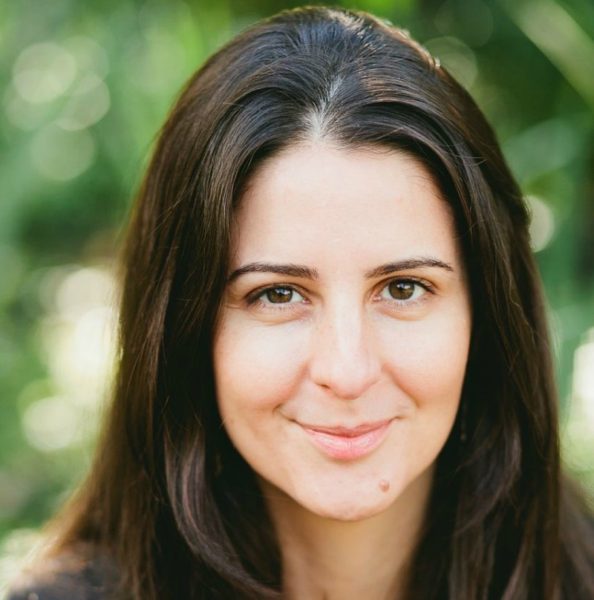
Dr Paula Smith-Brown
Should we stop cleaning then?
Sadly, no. However, you might want to rethink what cleaning products you use and how often.
“This study has highlighted that other factors can disrupt microbiome development in early life,” Dr Smith-Brown explains. “Because children’s immune systems are not fully developed, they are at higher risk of infection, so it is important that we practice good food hygiene with them and it is important that we keep their environment clean, but this study is suggesting that unfortunately using disinfectant cleaners may be associated with collateral damage to the microbiome.”
So what’s the alternative?
Looks like it could be time to ‘up the eco’ if you have little ones in the home.
“The good news is that by choosing eco-friendly cleaners, or your common soaps and detergents, you can still keep your house clean without disrupting the microbiome,” Dr Smith-Brown adds.
So in summary: for the health of your growing baby, don’t go overboard on the household germ killing and use eco-products wherever possible to avoid affecting their gut microbiome and overall development.
The study was funded by the Canadian Institutes of Health Research (CIHR) with funding from the Allergy, Genes and Environment (AllerGen) Network of Centres of Excellence for the CHILD study. To view the full report click here.
